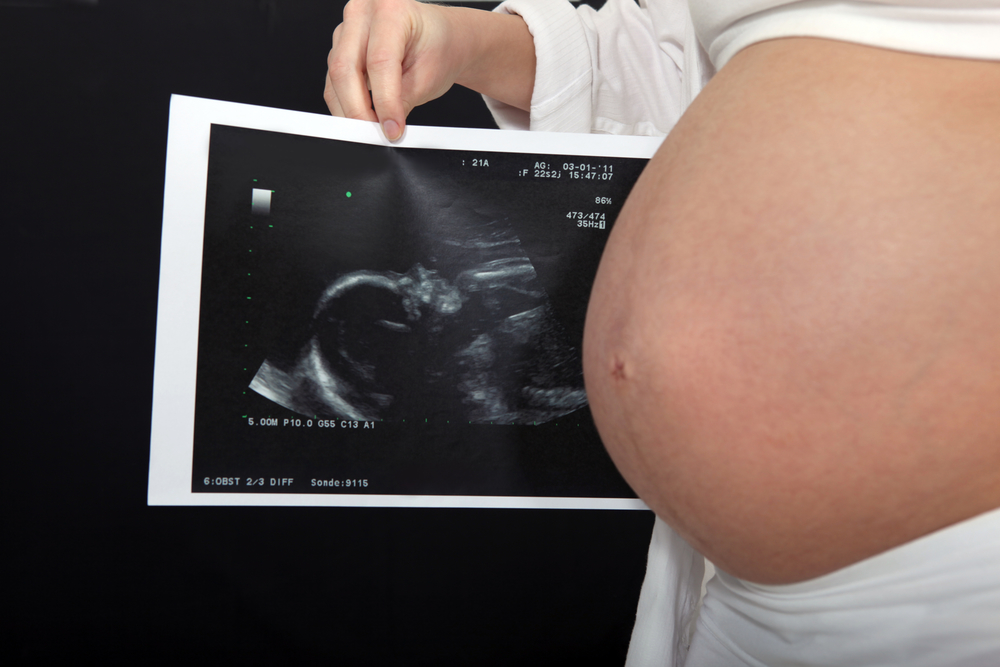What’s going on?
You’ve made it to the halfway mark of your pregnancy. Your weight will start to pick up from this week onwards as your baby grows bigger and stronger. With a melon-sized bump in tow, getting comfy in bed may prove to be a challenge.
Baby at Week 20
At Week 20, your baby will measure around 16.5cm from head to rump and approximately 25cm from head to heel. At this stage, he/she is around the size of a banana (the Cavendish variety) and is growing fast.
With lots of room to move around, your baby is busy practicing his/her moves in your womb: turning, twisting and somersaults. Certain parts of your baby’s brain are developing the five senses, while his/her skin layers are forming. He/she is also swallowing amniotic fluid, which helps the digestive system to develop.
Meconium, a black, sticky by-product of digestion, is another thing that your baby is producing right now. This sticky substance will accumulate in his bowels, and you will see it in the first soiled diaper (although it is also possible for some babies to pass meconium in the womb or during delivery). In case you were wondering, meconium is made up of a harmless mixture of amniotic fluid that your baby has swallowed in utero, digestive secretion and dead skin cells.
Another exciting highlight to take note of: you will be able to find out your baby’s gender during the second trimester ultrasound scan (usually scheduled between 18 and 20 weeks), although the male and female genitals are not completely developed yet. If you are expecting a girl, her uterus is fully formed this week and her vaginal canal is starting to develop. She also has seven million primitive eggs in her tiny ovaries now, which will drop to two million by the time she is born – that’s more than enough for her to use in her lifetime. If you are expecting a boy, his testicles have begun their descent this week and will be waiting in the abdomen until the scrotum is fully developed.
What is mum up to?
Now that you are halfway through your pregnancy, you may have gained around 4.5kg thus far. You can expect to gain approximately 0.5kg every week from now on, so do ensure that you are getting enough nutrients in your diet – particularly iron, which is crucial for the production of hemoglobin (the part of your red blood cells that carries oxygen) to keep up with your increased blood volume. Some great sources of iron for pregnant women include red meat, poultry, spinach, legumes and soy-based products.
You might also notice your nails getting stronger and your hair growing faster than usual, giving it a thicker and fuller appearance. All these are thanks to the pregnancy hormones, which trigger a surge in circulation to ferry extra nutrients to the cells in your hair and nail.
While you are loving the fact that you now have great hair and nails, do take note that these may not be permanent after all. Your long nails can turn dry and brittle, courtesy of those pregnancy hormones, while your thick and shiny locks may only last until the end of your pregnancy. Be prepared to deal with hair loss thereafter to compensate those glorious months of great hair.
Top tips for Week 20
You might find yourself struggling to get comfortable in bed at night these days, thanks to your growing bump and a host of other pregnancy-related factors such as back pain, breathlessness, insomnia and heartburn.
It is highly recommended that pregnant mums sleep on their side (preferably the left side) with a pillow between the legs. This will help to increase the amount of blood and nutrients that reach the placenta and baby. You may make some adjustments according to your needs, such as:
- Placing a pillow under your abdomen if you are having problems with back pain
- Propping your upper body with extra pillows if you are struggling with heartburn
- To ease shortness of breath, especially during late pregnancy, try lying on your side propped with pillows
On the other hand, there are certain sleeping positions that you should avoid, as they are not the most ideal during pregnancy:
Sleeping on your back – This causes problems such as backaches, breathing difficulties, low blood pressure and may cause a decrease in circulation to your heart and baby.
Sleeping on your stomach – As your bump grows bigger during pregnancy, lying down on your stomach will prove to be challenging and extremely uncomfortable.
READ NEXT
























